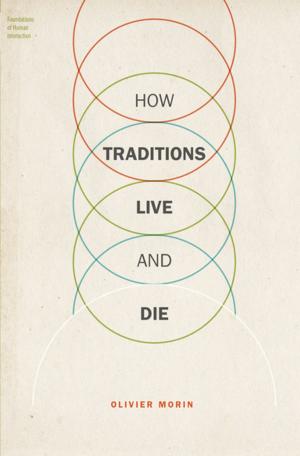| Author: | Timothy Salthouse | ISBN: | 9780190451707 |
| Publisher: | Oxford University Press | Publication: | January 27, 2010 |
| Imprint: | Oxford University Press | Language: | English |
| Author: | Timothy Salthouse |
| ISBN: | 9780190451707 |
| Publisher: | Oxford University Press |
| Publication: | January 27, 2010 |
| Imprint: | Oxford University Press |
| Language: | English |
In recent years the field of cognitive aging has flourished and expanded into many different disciplines. It is probably, therefore, inevitable that some of the research has become very narrow, primarily focused on "counting and classifying the wrinkles of aged behavior," rather than addressing more broad, general, and important questions. Timothy Salthouse's main goal in this book is to try to identify some of the major phenomena in the field of cognitive aging, and discuss issues relevant to the investigation and interpretation of them. He does not attempt to provide a comprehensive survey of the research literature on aging and cognition because many excellent reviews are available in edited handbooks. His principal aim is rather to stimulate readers to think about the big questions in cognitive aging research, and how they might best be answered.
In recent years the field of cognitive aging has flourished and expanded into many different disciplines. It is probably, therefore, inevitable that some of the research has become very narrow, primarily focused on "counting and classifying the wrinkles of aged behavior," rather than addressing more broad, general, and important questions. Timothy Salthouse's main goal in this book is to try to identify some of the major phenomena in the field of cognitive aging, and discuss issues relevant to the investigation and interpretation of them. He does not attempt to provide a comprehensive survey of the research literature on aging and cognition because many excellent reviews are available in edited handbooks. His principal aim is rather to stimulate readers to think about the big questions in cognitive aging research, and how they might best be answered.















